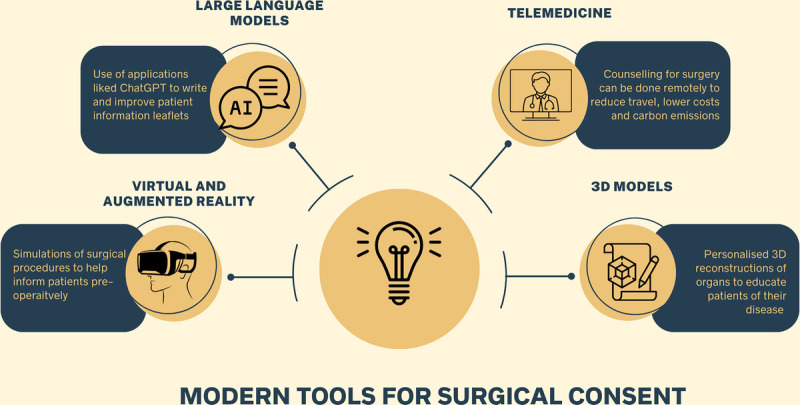Patient consent in the modern era: Novel tools and practical considerations in urology.
IF 1.3
4区 医学
Q4 UROLOGY & NEPHROLOGY
引用次数: 0
Abstract
Informed consent is a cornerstone of ethically acceptable surgical interventions. Traditional methods primarily rely on verbal explanations by clinicians and, at times, the use of supplementary resources such as information leaflets. In the modern era, novel tools have emerged to facilitate and enhance the consent process. Examples include multimedia, 3D models, virtual and augmented reality, quick response codes, and artificial intelligence technologies such as large language models. This narrative review provides an overview of these aids, discussing their potential advantages and limitations. In addition, the influence of social media on the consent process is explored.

患者同意在现代时代:泌尿外科的新工具和实际考虑。
知情同意是道德上可接受的手术干预的基石。传统的方法主要依靠临床医生的口头解释,有时使用补充资源,如信息传单。在现代,出现了新的工具来促进和加强同意过程。例子包括多媒体、3D模型、虚拟和增强现实、快速响应代码和人工智能技术,如大型语言模型。这篇叙述性的综述提供了这些辅助工具的概述,讨论了它们潜在的优点和局限性。此外,还探讨了社交媒体对同意过程的影响。
本文章由计算机程序翻译,如有差异,请以英文原文为准。
求助全文
约1分钟内获得全文
求助全文

 求助内容:
求助内容: 应助结果提醒方式:
应助结果提醒方式:


